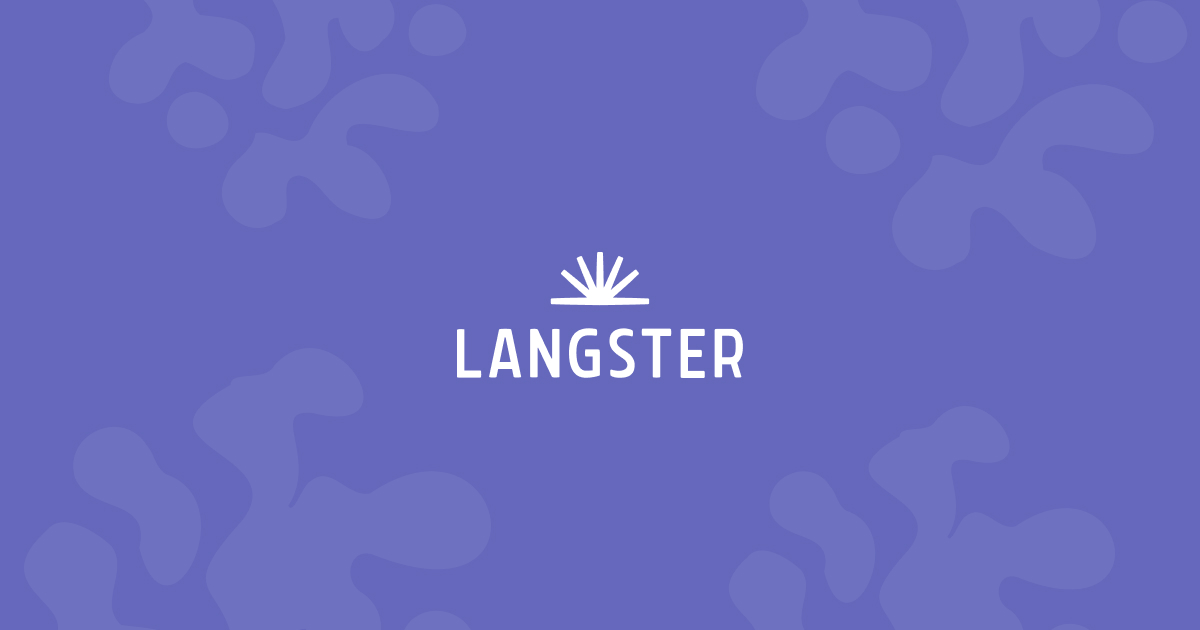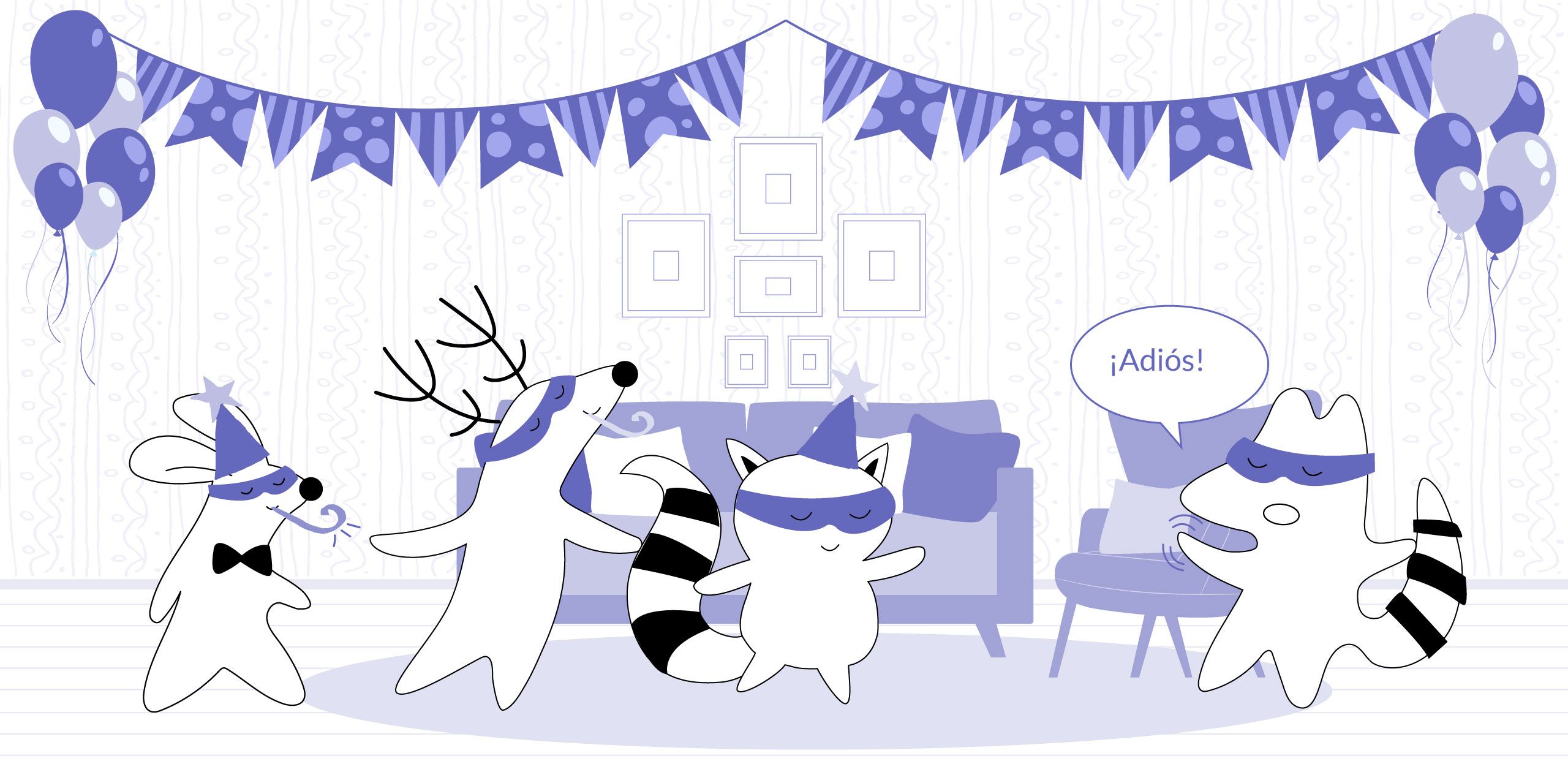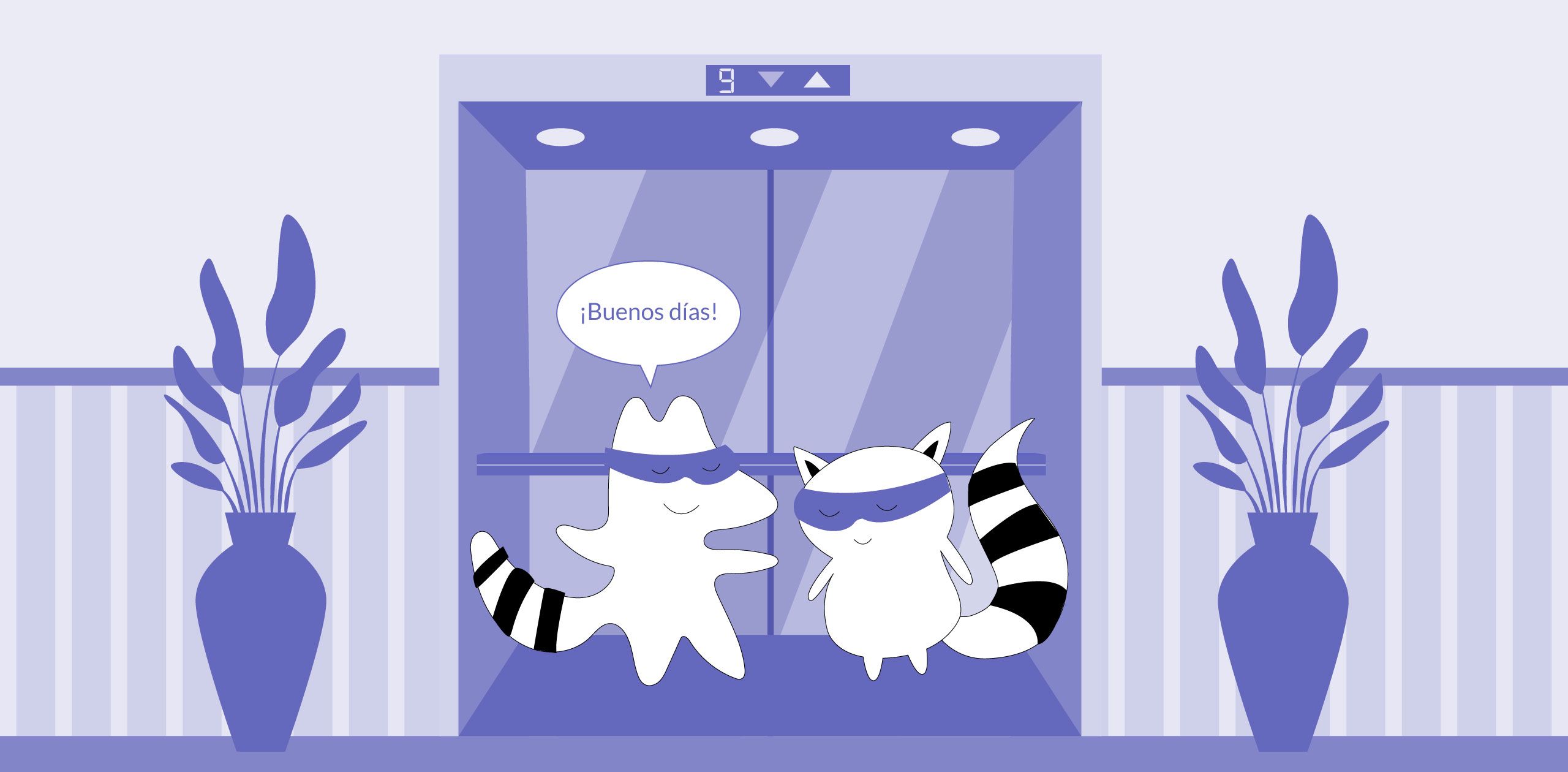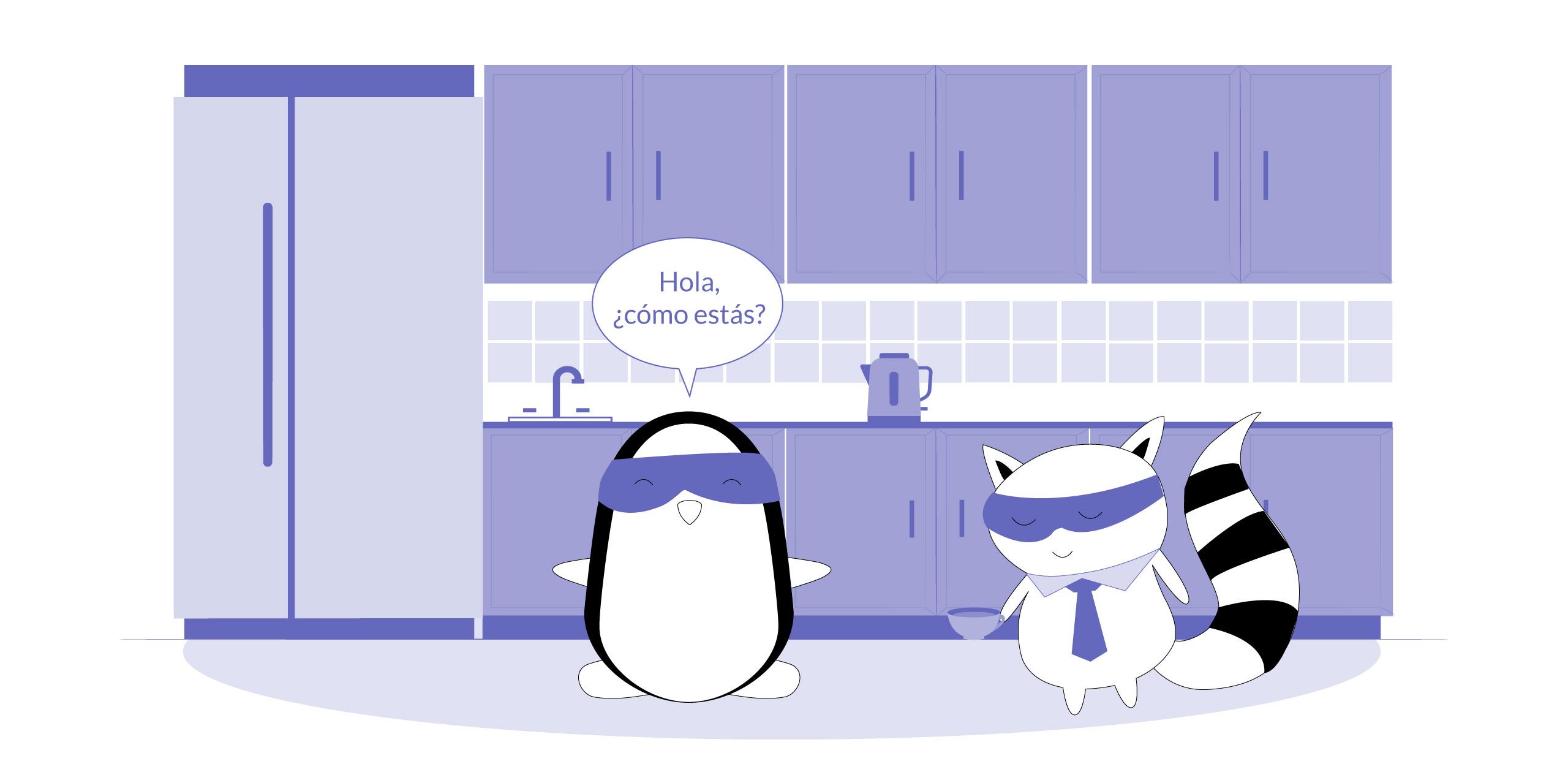
Spanish is one of the most commonly spoken languages in the world. There are an estimated 483 million native speakers, making it the one of most popular languages in the world after Chinese, Mandarin, and English. If you're looking to learn a new language, Spanish should definitely be at the top of your list.
Moreover, learning some common Spanish phrases can come in handy whether you're traveling to a Spanish-speaking country or interacting with Spanish speakers in your own country. This article will introduce you to some common Spanish phrases that every learner should know. Let’s dive in!
Handy Conversational Spanish Phrases
First, let's take a look at some essential Spanish phrases you can use to start a conversation with someone, engage in small talk, or get to know your new acquaintance better. These phrases are great for beginning Spanish learners, as they're easy to remember and can be used in many different situations.
Hola, ¿cómo estás?
When you first start learning Spanish, you'll inevitably learn the phrase Hola, ¿cómo estás? This is one of the most basic Spanish phrases, and it's how you say hello and ask how someone is doing. It's a great way to start a conversation with someone new.
Native
Translation
Hola, ¿cómo estás?
Hi, how are you?
You can also use this phrase to start small talk with someone you already know. For example, if you bump into a friend on the street, you can say it to ask how they're doing.
Also, when greeting someone you haven’t seen in a while, you can say ¡Cuánto tiempo sin verte! which is basically the equivalent of the English phrase “Long time no see!”
Native
Translation
¡Cuánto tiempo sin verte!
Long time no see!
¿Cómo te va?
There are many ways to ask “How are you?” in Spanish, and ¿Cómo te va? is one of them. This phrase can be used in informal settings, and it's a great way to start a small talk or catch up with an old friend.
Native
Translation
¿Cómo te va?
How is it going?
You can also use other Spanish phrases to ask someone about their day or how a project is going. For example, you could say ¿Cómo te ha ido? or ¿Cómo te fue el día? or ¿Cómo va todo? when talking to a colleague at work.
Native
Translation
¿Cómo te ha ido?
How've you been?
¿Cómo te fue el día?
How was your day?
¿Cómo va todo?
How's everything going?
However, you can also use more casual phrases and say “What’s up?” For example:
Native
Translation
¿Qué pasa?
What’s up?
¿Qué tal?
What’s up?
¿Cómo te llamas?
Another essential Spanish phrase is ¿Cómo te llamas?, which means "What's your name?" This is a great question to ask when you're first meeting someone and want to get to know them better.
Native
Translation
¿Cómo te llamas?
What's your name?
It's also polite to introduce yourself before asking someone their name, so you might want to say Me llamo…, which translates as “My name is…”, before asking a question.
Native
Translation
Me llamo…
My name is…
Alternatively, you can say ¿Cuál es tu nombre? It has the same meaning but is a more formal way to ask someone’s name.
Native
Translation
¿Cuál es tu nombre?
What is your name?
¿De dónde eres?
If you want to keep the conversation going and get to know someone better, you can ask them where they're from. The Spanish phrase for this is ¿De dónde eres?
Native
Translation
¿De dónde eres?
Where are you from?
This question can lead to some interesting conversations, as Spanish people usually enjoy talking about their hometowns, families, and culture.
You can follow up this question with ¿Cuál es tu país de origen?, which means "What is your country of origin?", especially if you're talking to someone from a different country.
Native
Translation
¿Cuál es tu país de origen?
What is your country of origin?
¿A qué te dedicas?
Once you've covered the basics, you can start asking more personal questions. For example, you can ask someone what they do for a living with the phrase ¿A qué te dedicas? This question is similar to "What do you do?" in English.
Native
Translation
¿A qué te dedicas?
What do you do?
Asking someone about their job is a great way to get to know them better and find out what their interests are. Alternatively, you can use a more direct Spanish phase and say ¿En qué trabajas? which literally means “What’s your job?”
Native
Translation
¿En qué trabajas?
What’s your job?
¿Cuáles son tus pasatiempos?
Maybe you want to ask about their hobbies and interests. The Spanish phrase for this is ¿Cuáles son tus pasatiempos? which means "What are your hobbies?"
Native
Translation
¿Cuáles son tus pasatiempos?
What are your hobbies?
This question can lead to some fun conversations, as people usually enjoy talking about the things they like. It's also a great way to find out if you have anything in common with the other person.
Alternatively, you can use common Spanish phrases ¿Qué haces en tu tiempo libre? which means “What do you do in your free time?” or ¿Qué te gusta hacer? “What do you like to do?”
Native
Translation
¿Qué haces en tu tiempo libre?
What do you do in your free time?
¿Qué te gusta hacer?
What do you like to do?
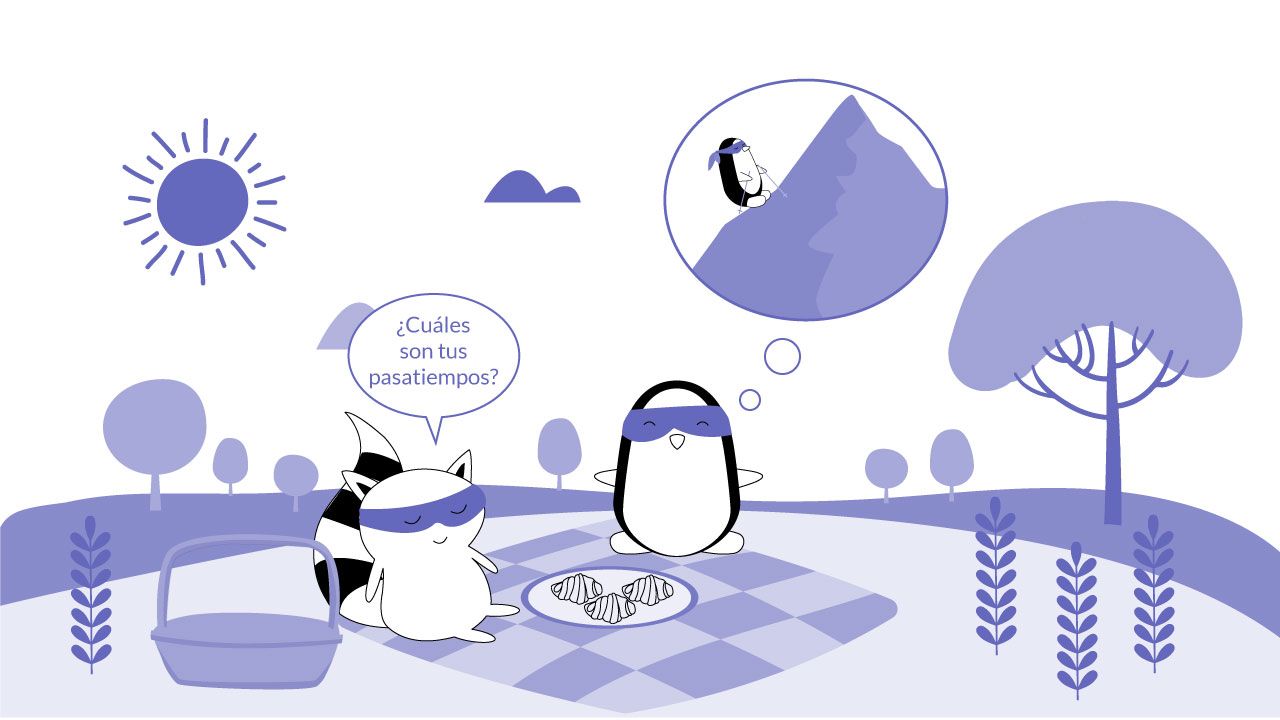
Mucho gusto
When you're first meeting someone, it's polite to say "Nice to meet you." In Spanish, the phrase for this is Mucho gusto. You can use this phrase whether you're meeting someone for the first time or you've already met them before but it's been a while.
Native
Translation
Mucho gusto
Nice to meet you
It's also a good idea to follow up with a handshake or a hug, depending on your level of familiarity. However, in a formal setting it would be better to say Encantada de conocerte.
Native
Translation
Encantada de conocerte
Nice to meet you
¡Adiós!
One of the most basic Spanish words is ¡Adiós! which means "Goodbye." This is a great way to end a conversation, whether you're saying goodbye to a friend or a colleague.
Native
Translation
¡Adiós!
Goodbye
You can also use other Spanish phrases to say goodbye, such as:
Native
Translation
Hasta luego
See you later
Hasta pronto
See you soon
Hasta mañana
See you tomorrow
Essential Spanish Phrases to Ask for Help
When traveling in a Spanish-speaking country you might need to ask for help. It's also a good idea to learn some basic Spanish phrases before traveling, as it shows that you're making an effort to learn the language and respect the culture.
For example, if you're lost or you want to ask for directions, you can use the following Spanish phrases to get the help you need:
¿Me puedes ayudar?
The first phrase to know is ¿Me puedes ayudar?, which means "Can you help me?" This is a great way to stop someone and ask for their help.
Native
Translation
¿Me puedes ayudar?
Can you help me?
Alternatively, you can use the short phrase Necesito ayuda, which means “I need help.” This is a great way to get someone's attention if you're in a hurry or you're in a situation where you can't speak Spanish very well.
Native
Translation
Necesito ayuda
I need help
It's also polite to say Lo siento or Por favor before asking for help, as it shows that you're grateful for their time and assistance.
Native
Translation
Lo siento
I’m sorry
Por favor
Please
¿Qué hora es?
Another common question is ¿Qué hora es?, which means "What time is it?" This is a great question to ask if your phone dies and you're not sure what time it is.
Native
Translation
¿Qué hora es?
What time is it?
It's also a good idea to know how to ask for the time in Spanish, as it's a common question that people may ask you.
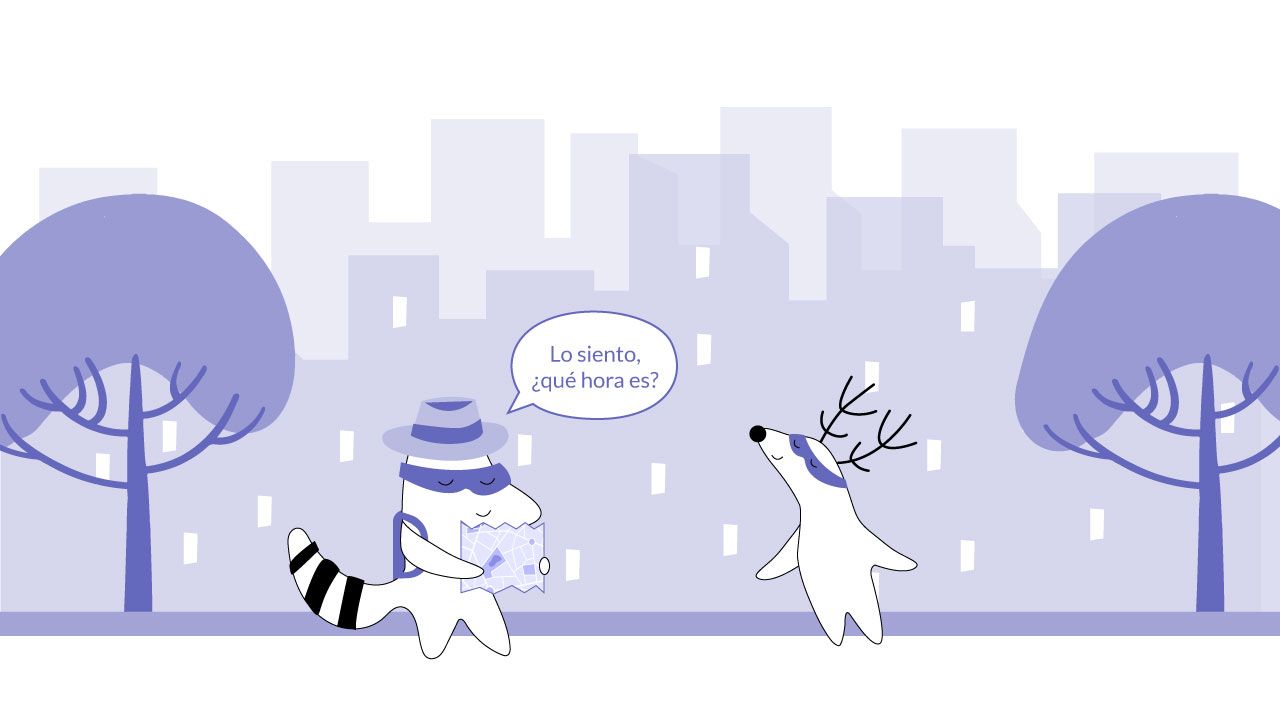
¿Dónde está el baño?
If you need to use the restroom, you can ask ¿Dónde está el baño? This phrase means "Where is the bathroom?" It’s a polite way to find out where the nearest restroom is.
Native
Translation
¿Dónde está el baño?
Where is the bathroom?
¿Puede hablar más despacio?
If you're having trouble understanding someone, you can ask them to slow down with the phrase ¿Puede hablar más despacio? This phrase means "Can you speak more slowly?" and it's a polite way to get someone to slow down their speech.
Native
Translation
¿Puede hablar más despacio?
Can you speak more slowly?
Alternatively, you can use the phrase ¿Me puede repetir?, which is how you ask someone to repeat what they just said.
Native
Translation
¿Me puede repetir?
Can you repeat that?
¿Hablas inglés?
One phrase that every Spanish learner should know is ¿Hablas inglés?, which means "Do you speak English?" This is a great question to ask if you're traveling to a Spanish-speaking country and you're not sure if the locals speak English or when you’re having trouble explaining something in Spanish.
Native
Translation
¿Hablas inglés?
Do you speak English?
Muchas gracias
It's always polite to say "Thank you" when someone helps you out. In Spanish, the phrase for this is Muchas gracias. This is a great way to show your appreciation and it will also encourage the other person to help you again in the future.
Native
Translation
Muchas gracias
Thank you
Spanish Phrases for Congratulations
Finally, it's time to move to the fun part – celebrations! These Spanish phrases are perfect for congratulating someone or celebrating a special occasion.
¡Felicidades!
The first Spanish word to learn is ¡Felicidades!, which means "Congratulations!" This is a great way to congratulate someone for their success or on a special occasion.
Native
Translation
¡Felicidades!
Congratulations!
You can also use the word ¡Enhorabuena! which has a similar meaning.
Native
Translation
¡Enhorabuena!
Congratulations!
¡Feliz cumpleaños!
Another essential Spanish phrase is ¡Feliz cumpleaños!, which means "Happy birthday!" Say this to your Spanish-speaking friends on their birthdays.
Native
Translation
¡Feliz cumpleaños!
Happy birthday!
If you're celebrating a different special occasion, you can also use the phrase ¡Muchas felicidades! which has a similar meaning.
Native
Translation
¡Muchas felicidades!
Best wishes!

¡Feliz navidad!
If you're celebrating Christmas, you’ll hear a lot of people saying ¡Feliz navidad! This means "Merry Christmas!" and it's a great way to wish someone a happy holiday season.
Native
Translation
¡Feliz navidad!
Merry Christmas!
¡Feliz año nuevo!
Finally, if you're celebrating the New Year, you can say ¡Feliz año nuevo! This means "Happy New Year!" and it's a great way to kick off the new year.
Native
Translation
¡Feliz año nuevo!
Happy New Year!
The Bottom Line
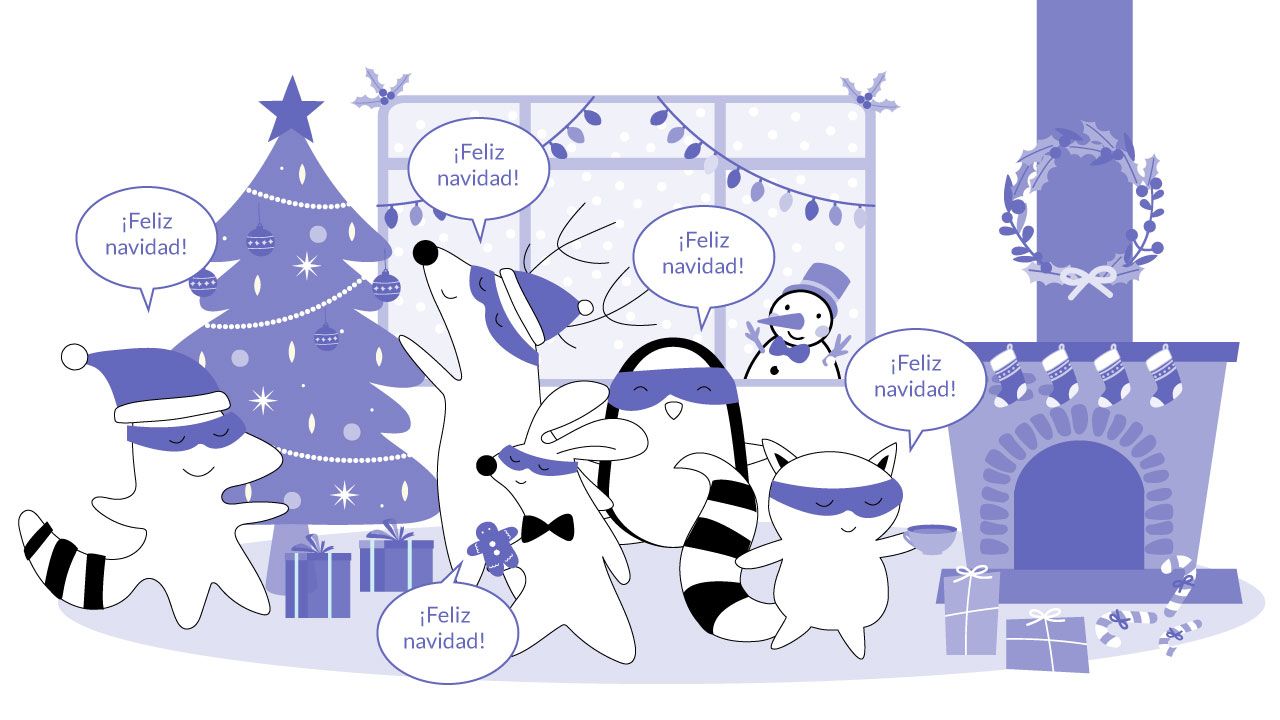
If you're looking to learn a new language, you definitely should consider Spanish. In this article, we have introduced you to some common Spanish phrases that every learner has to know. These phrases can help you in many different situations, from asking for help to congratulating someone on a special occasion.
With these essential phrases under your belt, you're one step closer to becoming a proficient Spanish speaker. So why not get an extra boost? Download our Langster app and start learning Spanish with stories today! ¡Buena suerte!







